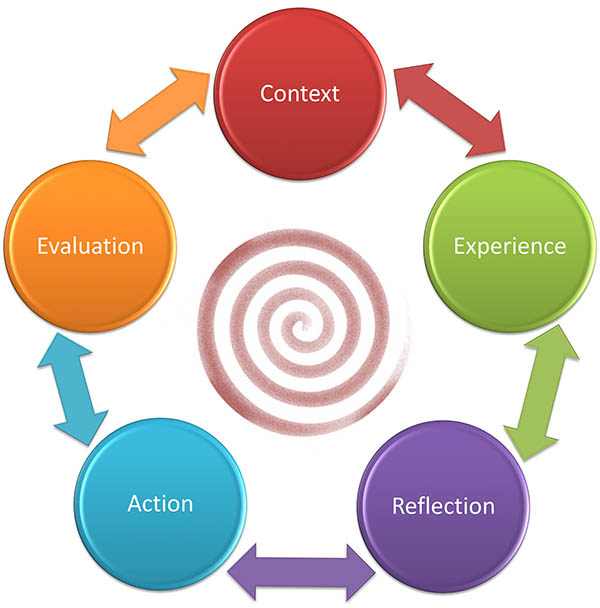- About Us
- Our School
- Enrolment
- Faith & Service
- Learning
- Co-Curriculum
- Our Community
- Portal
Saint Ignatius College Geelong
Saint Ignatius College Geelong
As such, it seeks to develop each student's individual capacity for reflection, including the search for God in all things.
Jesuits have understood that the liberal arts, the natural and social sciences, and the performing arts, linked with all other branches of knowledge, are a powerful means of developing leaders with the potential to influence and transform society.
The Jesuit Education Ministry includes Jesuit owned and operated schools, university colleges and chaplaincies, affiliated lgnatian schools, and the intellectual apostolate.
A Jesuit education has a clear purpose: the development of a well-rounded Christian person of competence, conscience and compassion who will be of service in the world and has the generosity to make a contribution.
Historically, Jesuit education has been successful across many cultures because it has adapted to the environment of the learner. Today Jesuit education continues to embrace change in appropriate ways, ensuring that a Jesuit education meets the needs of modern day learners, and develops learners who themselves will strive to contribute meaningfully and to excel.
Context: What do we need to know about our students?
Experience: What is the best way to engage our students in learning?
Reflection: How do our students reflect more deeply on what they have learned?
Action: How do we encourage students to move beyond knowledge to action?
Evaluation: How do we assess our students’ growth in mind, heart and spirit?

In developing a well rounded Christian person of service in the world, Jesuit education seeks to be world affirming - to reveal a world "charged with the grandeur of God."
It encourages study of all reality, promoting the search for God in all things while respecting the infinite variety of ways in which God is revealed to an individual. Its objective is to produce wisdom and a deep sense of reverence, rather than marketability or a narrow orientation towards a specific career.

